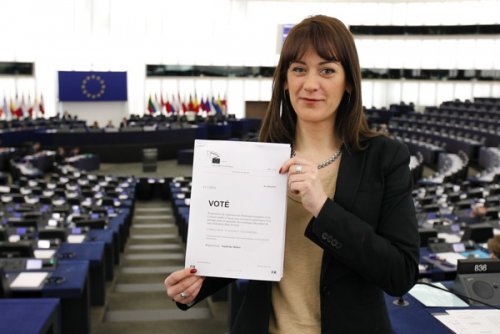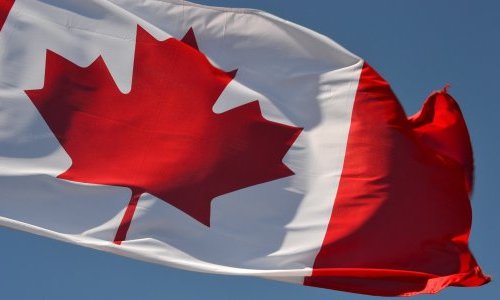The European Union and all of its 27 Member States are Parties to the Convention on Biological Diversity (CBD), which entered into force on 29 December 1993. The CBD recognizes that states have sovereign rights over genetic resources found within their jurisdiction and the authority to determine access to such resources. The Convention obliges all Parties to facilitate access to genetic resources over which they hold sovereign rights. It also obliges all Parties to share in a fair and equitable way the results of research and development and the benefits arising from the commercial and other utilization of genetic resources with the Party providing these resources. However, the CBD provides little detail on how access and benefit-sharing (ABS) for the use of genetic resources and associated traditional knowledge should be done in practice. This is precisely the aim of "Nagoya Protocol” adopted on 29 October 2010.
To fight against biopiracy
The aim of the new Regulation is to implement a European set of rules on access to genetic resources and fair and equitable sharing of benefits resulting from their utilization, thus preparing the ratification of the Nagoya Protocol.

Sandrine Bélier, the Parliament’s rapporteur on the convention on biological diversity
“This regulation eventually sets up a tool to fight biopiracy as it prohibits the use in the European Union of any genetic resources that would not have been legally acquired. It is the first European instrument in favour of biodiversity since the habitats directive of 1992,” highlights Sandrine Bélier, the Parliament’s rapporteur on the convention on biological diversity.
The new EU rules also aim to monitor and support compliance with ABS requirements already implemented around the world. Laws and regulations in biodiversity rich countries such as Brazil, South Africa, and India already include requirements on how to access biological material for research and development and how to share the monetary and non-monetary benefits resulting from innovations or new products.
“The Parliament vote is a landmark vote that will significantly impact the way biodiversity based R&D is conducted”, says María Julia Oliva, Senior Coordinator for Policy and Technical Support at the Union for Ethical BioTrade (UEBT). This mainly concerns the food, pharmaceutical, biotechnology and cosmetic sectors.
Companies involved in biodiversity-based research and development will have to seek, keep and transfer information such as on the date and place of access; their source and any subsequent users, and the relevance and compliance with any ABS requirements. When there are uncertainties around ABS compliance, they must obtain relevant permits or discontinue utilization. In turn, EU Member States will establish different checkpoints, including during final stages of product development, for companies to declare compliance with due diligence requirements.
The new regulation still has to be adopted by the Council, but that should be a mere formality as EU Member States have already agreed on the current version of the text during a meeting of the Committee of Permanent Representatives (COREPER) in December 2013.
Also note that latest developments on ABS, including the practical implications of the new EU rules for companies working with natural ingredients, will be analyzed at the upcoming conference on the “Beauty of Sourcing with Respect,” organized by the UEBT on 8 April 2014 in Paris (www.ethicalbiotrade.org/bsr_2014).




























